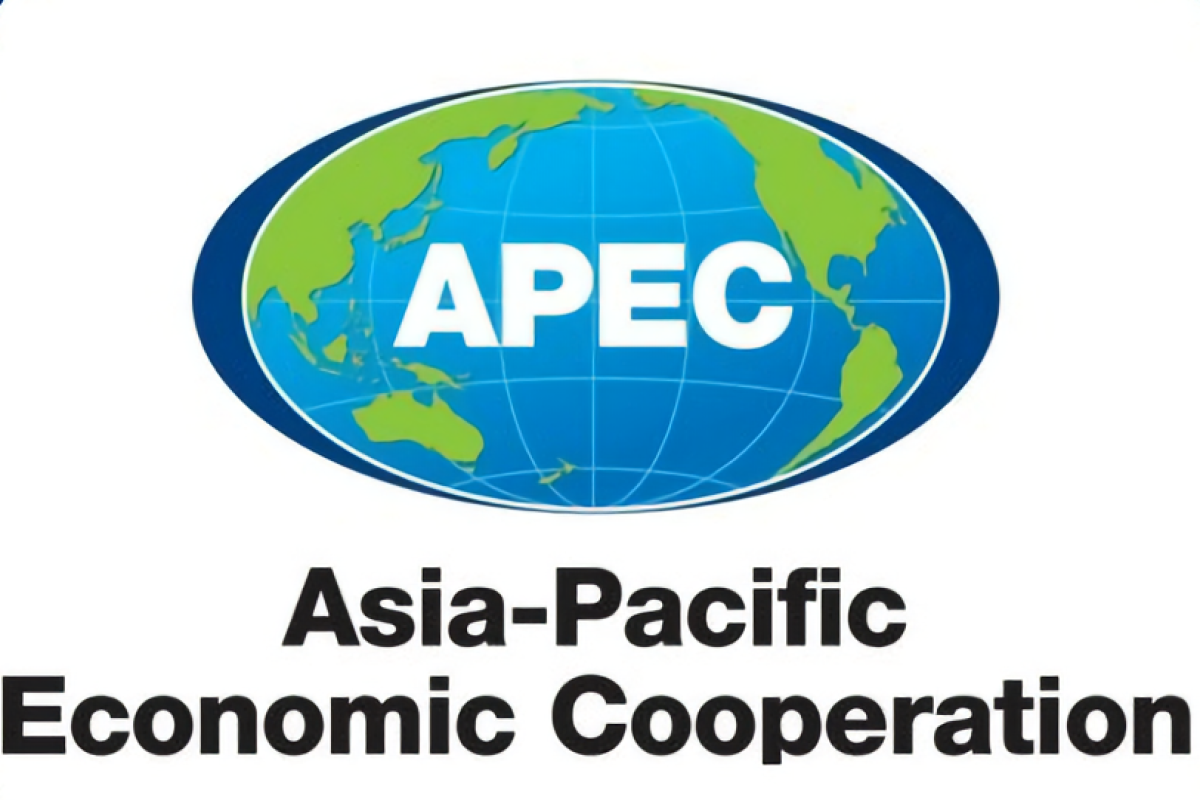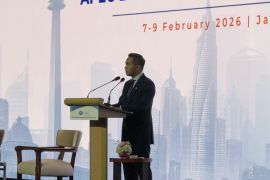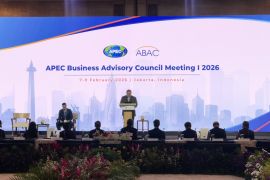The reassertion of that commitment is delineated in a Declaration on Facilitating the Movement of Essential Goods by the APEC Ministers Responsible for Trade, according to a written statement issued by the APEC Secretariat and received here on Monday.
The declaration stipulates that the APEC trade ministers acknowledge the significance of ensuring continued trade during the COVID19 pandemic and staying committed to working hand-in-hand to facilitate the flow of essential goods at this critical time.
Furthermore, APEC trade ministers discerned that it is in the mutual interest of all APEC economic members to ensure that trade lines remain open, including via air, land, and sea freight.
Hence, APEC members remain committed to a free, open, fair, non-discriminatory, transparent, predictable, and stable trade and investment environment.
In a bid to reiterate the commitments to respond effectively to the economic consequences of the COVID-19 pandemic, APEC economic members made some declarations on export restrictions and prohibitions, non-tariff and tariff barriers, and trade facilitation.
In connection with export restrictions and prohibitions, each APEC economy will ensure that any emergency trade measures prepared to tackle the COVID-19 pandemic are consistent with the rules of the World Trade Organization (WTO).
Each APEC economy will also ascertain that any trade measure introduced in response to the COVID-19 pandemic is notified in accordance with the relevant WTO obligations.
With regard to the non-tariff barriers, APEC economies are encouraged to work together to identify and resolve any unnecessary barriers to trade in essential goods.
In connection with tariff barriers, APEC economies are cognizant of the APEC Business Advisory Council’s recommendation for economies to take tariff liberalization measures for essential medical supplies, for which some economies have done so unilaterally.
In the meantime, with regard to trade facilitation, APEC trade ministers have concurred on several vital points in the declaration.
Firstly, every APEC economy, in accordance with its obligations under the WTO Agreement on Trade Facilitation, should accelerate and facilitate the flow and transit of essential goods.
Second, APEC economies remain committed to intensifying coordination, efficiency, and transparency of the border clearance of essential goods in addition to fully implementing the WTO Agreement on Trade Facilitation to help in encouraging trade.
Third, each APEC economy should endeavor to expedite the release of essential goods upon arrival, including adopting or maintaining procedures allowing for submission of import documentation and other required information, such as manifests, in order to initiate processing prior to the arrival of goods.
Fourth, each APEC economy will strive to facilitate the entry, transit, and departure of air cargo containing essential medical supplies.
Fifth, APEC economies are expected to abide by the International Health Regulations (IHR) 2005.
Related news: Collaboration key to unblocking bottlenecks in medical goods trade
Related news: APEC encourages small businesses to go digital amid COVID-19 pandemic
Furthermore, APEC economies will update the progress of this initiative annually at the relevant APEC meeting until such time when COVID-19 is no longer determined to be a public health emergency of global concern.
EDITED BY INE
Reporter: Yuni Arisandy Sinaga
Editor: Fardah Assegaf
Copyright © ANTARA 2020












